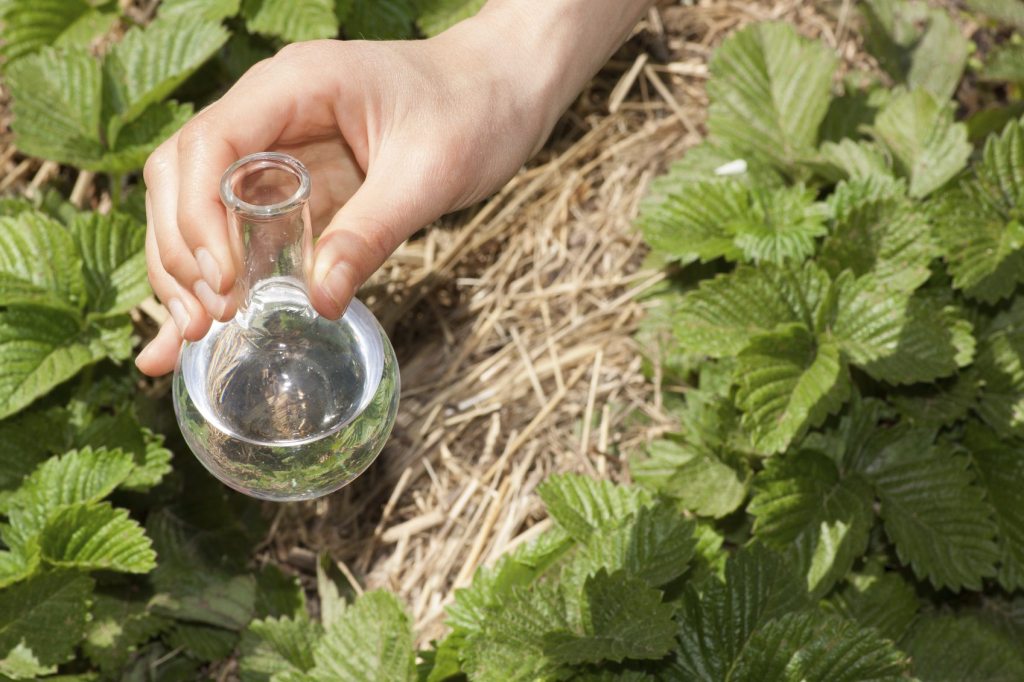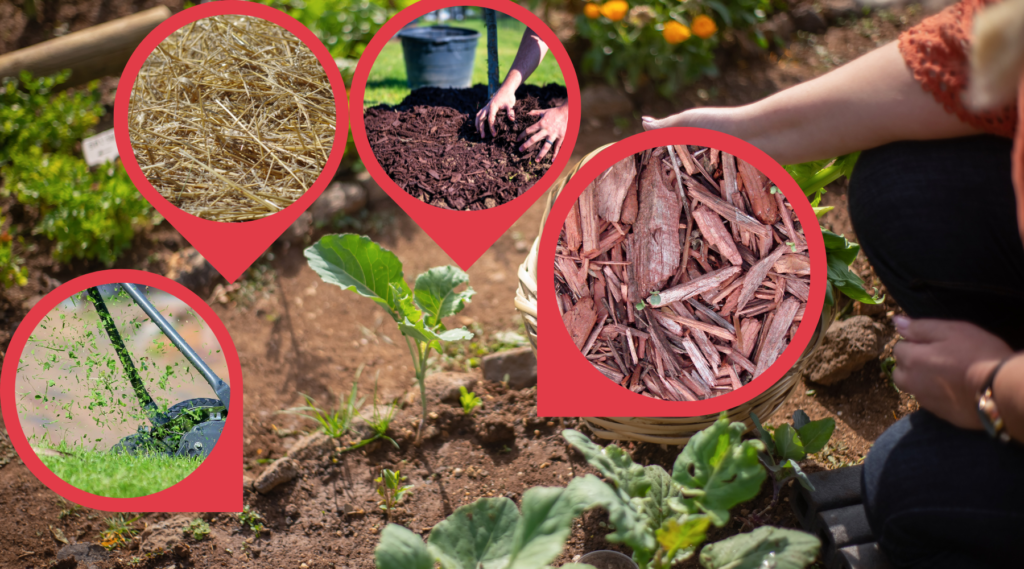If you are living in an industrial or agricultural area, the water source is among the important things to consider. This is necessary especially if you are trying to grow plants for personal consumption or business. You want to make sure that your plants and crops will grow healthy, strong, and will look perfect.
You must ensure that the quality of the water is just right for your plants as it will affect the entire plant growth. Whether you are tending garden plants, house plants, or crops, it is necessary to check that the water is of quality to avoid risks of salinity and toxicity that can harm your plants.
Among the readily available water sources is well water. It is an affordable option that is rich in essential nutrients and minerals like magnesium and calcium. The pH level of well water is ranging from 6.5 to 8.0.
Though this type of water may contain essential nutrients, there might have been biological and chemical contamination present that can affect the growth of your plants. Therefore, you should get your well water tested before using it to water your plants.
Since it is untreated groundwater and is drilled into a layer of underground rocks containing water, you will never know the current pH range and other chemicals present in the water source. It might have too much calcium or less than necessary which may compromise the health and growth of plants.
When testing well water, you can choose to contact the local health department to help you in the process.
pros and cons of using well water
Well water is not that bad for plants if it meets some conditions before you use it. Some of these conditions are the following:
- It should not contain any harmful bacteria.
- It must have the right amount of needed nutrients, neither more nor less.
If you get the water purified before use, then there is nothing that you should worry about.
However, if you use it without going through purification treatments, it can cause damage and even result to plant death. Some of the reasons why damages may happen include:
- It is not guaranteed that it has no deadly pathogens as well as harmful bacteria that can damage your plants and put your health at risk.
- Water can be too alkaline or acidic since you are not aware of the current pH levels.
Using contaminated water not only poses harm to plants but also to your health.
types of water supply available in people’s homes
Aside from well water, other water supplies are available in people’s homes that can be used to water your plants. You should know whether the one available in your home is not only safe for you but also safe for plants. Below are some of the common water sources and their differences:
municipal or city water
Municipal water is pumped from an aquifer or groundwater source and then treated to get rid of germs and mixed with additives like fluoride before it is distributed to houses. Homeowners pay for it monthly for it to be piped into their houses.
Most homeowners in the urban, suburban, rural, and semi-rural areas have municipal water piped into their houses. Municipal water is usually odorless, flavorless, and not about because it is readily available for use.
Since it is always ready for use and is guaranteed to be clean and pure, municipal water is usually used for watering plants in gardens in both urban and suburban areas.
well water
Well water on the other hand is sourced directly from a well that is dug into the ground with no stops in between the house and ground other than what is installed by the homeowner. Water from a well can be drawn using a bucket or can be pumped from the ground.
What makes it different from municipal water is that, well water does not go through additional steps of being piped from the source. It may not or maybe near the house. It does not also go through any treatment process at any water treatment plant.
With these in mind, the quality of the water is not guaranteed to be pure and free from chemical contaminants, heavy metals, or bacteria. The water pH range as well as the presence of various contaminants may all depend on constant groundwater movement.
rainwater
Unlike the two water supplies mentioned above, another source of water is rainwater. This water source is harvested from rain. Barrels can be used to collect and use for watering garden plants.
It can also be used inside the house sometimes after it undergoes purification treatments.
so, is well water safe for plants?
Most homesteaders will wonder whether using well water is safe for plants or not. This is a common question since most would want to use any water available for watering both raised garden beds and in-ground gardens.
You can use well water for garden beds, but with some precautions. Since the source has not been through the purification process and testing, it must be tested first to know if there are any beneficial microorganisms or harmful organisms like chemicals present in the water.
A water test will show if there are trace amounts of heavy metals present in the water and show their level of alkalinity or acidity. You will know whether the water has high pH or low pH and determine if it will affect the growth of the plants and whether any food plants in your garden are safe to consume or not.
how is well water tested?
For you to know whether the well water available on your property is safe for plants or can even pass to be consumed as drinking water, there are different types of water testing procedures that you can use.
lab test
You need to locate a test lab in your area to get your well water tested. They will be the ones to check and treat your well water.
They will check the water at your place and give you full information about the results after they run all necessary tests.
local health department
Another option is to consult your local county health department or the EPA or the United States Environmental Protection Agency to get the job done for you.
water purification kit
You can also do well water testing by yourself. Buy a home water purification kit. You can get this online or at a nearby supermarket. Just follow the guidelines inside the kit and you are good to go.
reverse osmosis
Another easy method for testing and purifying contaminated water is the use of a reverse osmosis filter. It purifies water using a semi-permeable membrane, which filters out all harmful and undesirable particles such as sediments and contaminants so the water can be consumed.
The RO filtration system pushes the water through the membranes to eradicate pollutants that the naked eye cannot see.
You can also add chlorine to the water just like when adding it to pool water. This will get rid of the biological contaminants present.
test results determine if the well water is safe to be used for plants
The test results will help you decide whether your well water must be treated before you can use it on your garden plants.
All results will also show if the water is soft water, alkaline water, or hard water. It will help you decide if the plants in your garden will like the type of water or not.
Given that various plants have different preferences and needs, the results will let allow you to take care of your plants effectively. Some plants may like hard water with all the dissolved minerals while other plants will love softer water without excessive amounts of minerals. Plants also have varying pH preferences; some would want alkaline water while others will live with acidic water.









